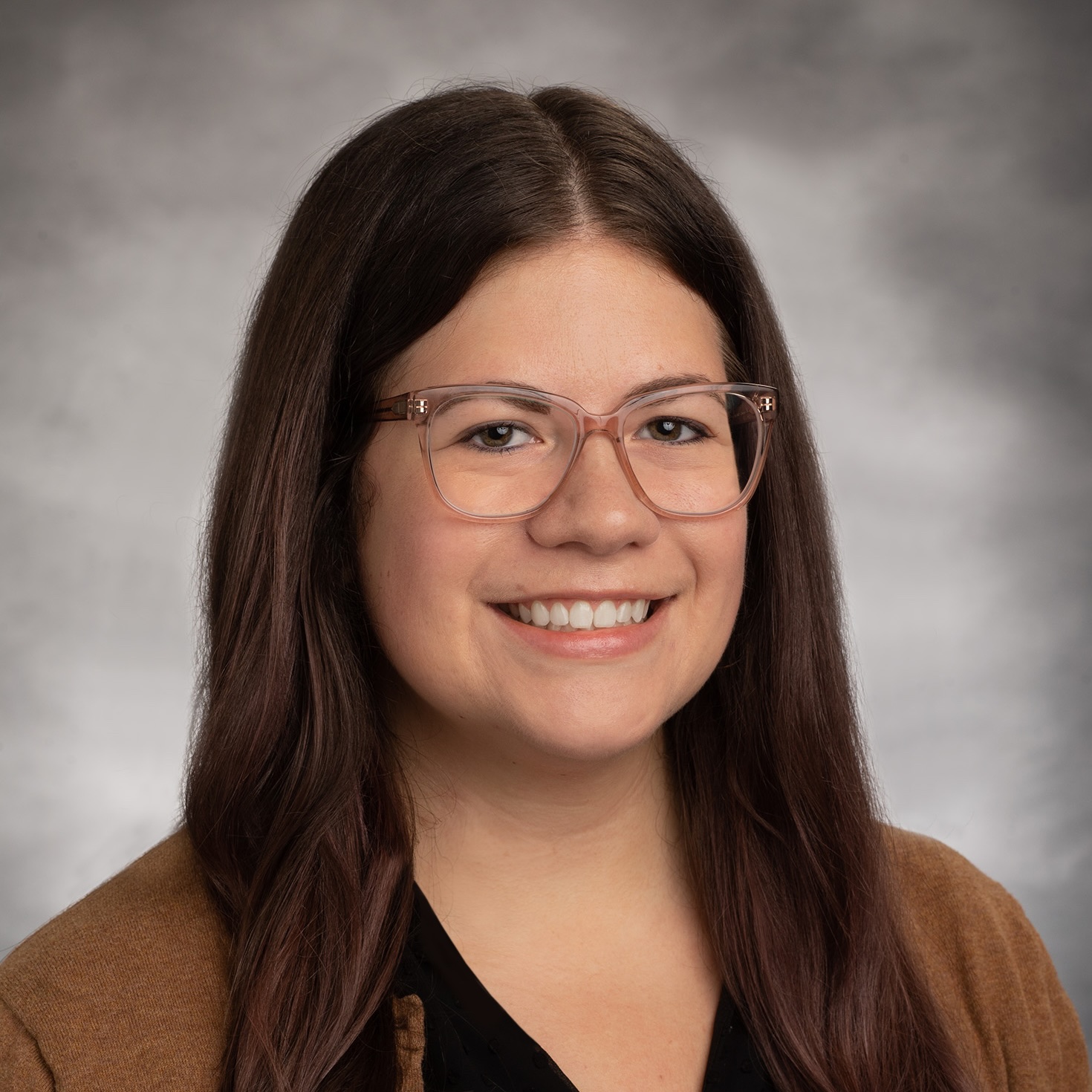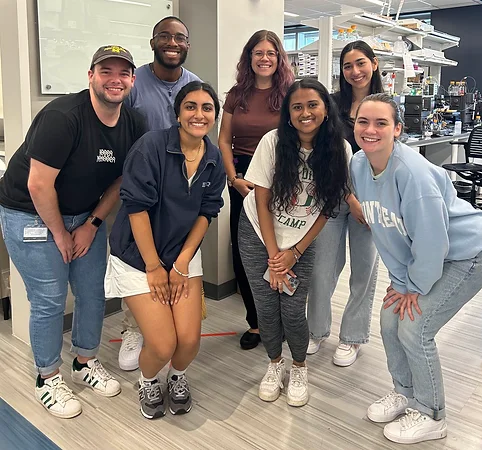Standout researcher traces research career back to KSU
KENNESAW, Ga. | Jan. 10, 2024

Elizabeth Draganova is an assistant professor in the Department of Biochemistry at the Emory University School of Medicine. Draganova earned her doctorate degree at Georgia State University and completed her postdoctoral training at Tufts University. Today, she runs her own laboratory at Emory University and is a mother of two children.
Prior to any of that, she was an undergraduate student at KSU.
Because of its close location to her home in Woodstock and the school’s master’s in biology program, Draganova dual enrolled at KSU as a senior in high school. Her original career goal was to teach high school biology.
“What I remember most about Elizabeth is her calm confidence in the laboratory,” said Janet Shaw, associate professor of biochemistry at KSU. “She worked efficiently and was at ease at the lab bench — rare qualities in a general chemistry undergraduate.”
At the end of her organic chemistry class with John Haseltine, the professor introduced her to the idea of undergraduate research. Draganova was eager to try it and soon was working in a lab with other undergraduate students working on peptide synthesis, research that she conducted for the next year and a half.
“Elizabeth, who had impressed me with her work in my organic chemistry lecture courses, joined the project in 2010,” said Haseltine, an associate professor of chemistry. “Even then, she had a good sense of research. Elizabeth was a team player with excellent focus and a positive attitude. She was clearly in it to learn and make a contribution.”
-
“I think when you're able to recognize when something isn't working and it's not clicking, that's actually a sign of intellectual growth.”
Draganova said another thing she learned from Haseltine was that she could earn a Ph.D. and teach at the university level. She also learned valuable lessons from him about being a mentor, including adaptability. She said students need different types of attention because every mentee needs a different type of mentor style.
“Getting a P.h.D. is literally learning how to ask questions a lot,” Draganova said. “So, if you can just start getting comfortable with being uncomfortable, I think that would help a lot.”
Draganova said that if a student is interested in undergraduate research, they should reach out to faculty to see if they have open spots. She said that interested students should ask lots of questions in class and not be afraid of visiting faculty at office hours. They shouldn’t be intimidated by professors because professors are normal people, too.
“I think when you're able to recognize when something isn't working and it's not clicking, that's actually a sign of intellectual growth,” Draganova said.
Rachel Hill works at Draganova's laboratory, and she also completed her undergraduate degree at Kennesaw State University. She said that Draganova prioritizes the well-being of her lab members while also encouraging them on a day-to-day basis.
“I feel supported not only when I succeed, but also when I fail — and believe me, I have had my share of failures,” Hill said. “She inspires me every day by her ability to balance being a mother and to have a fulfilling career in STEM; both things I hope to achieve myself.”
Draganova hopes that her research will contribute to a vaccine or cure for herpesviruses, specifically Herpes Simplex Virus Type 1 (HSV-1), which is a neuroinvasive virus infecting 70 percent of the human population.
She said she also strives to promote diversity in academia and empower students from underprivileged backgrounds.
— By Victoria Grace Tucker
Photos submitted












